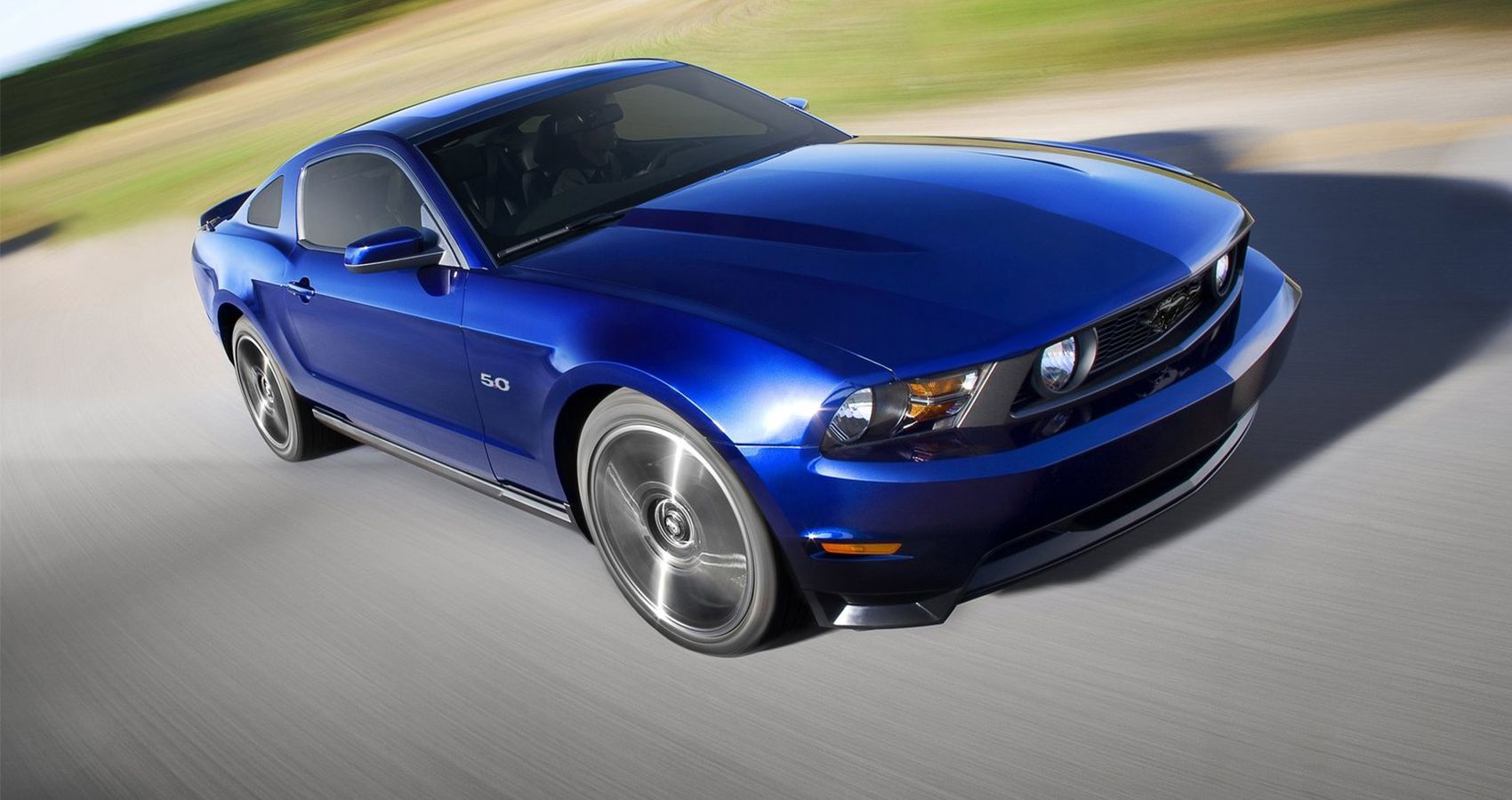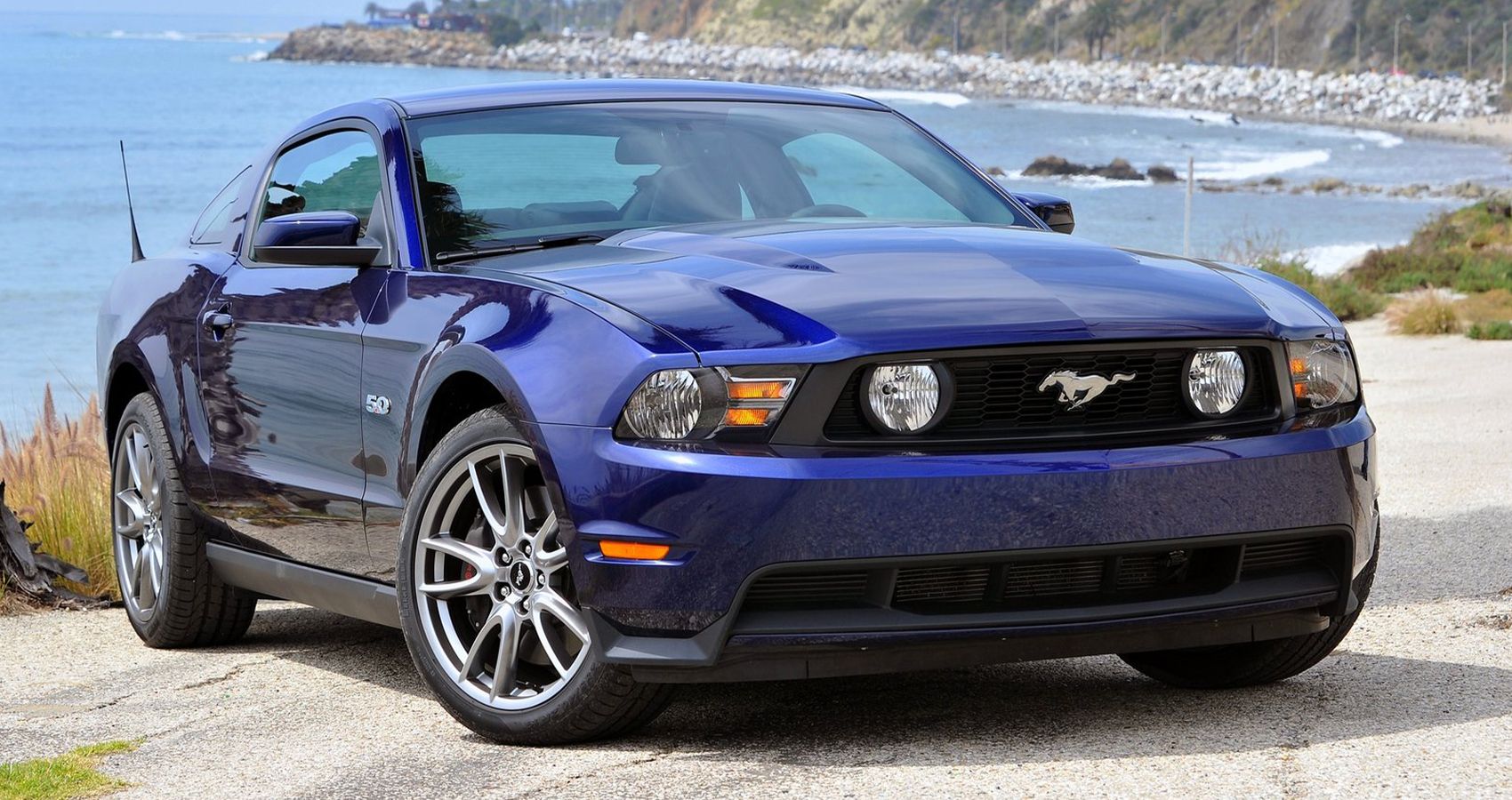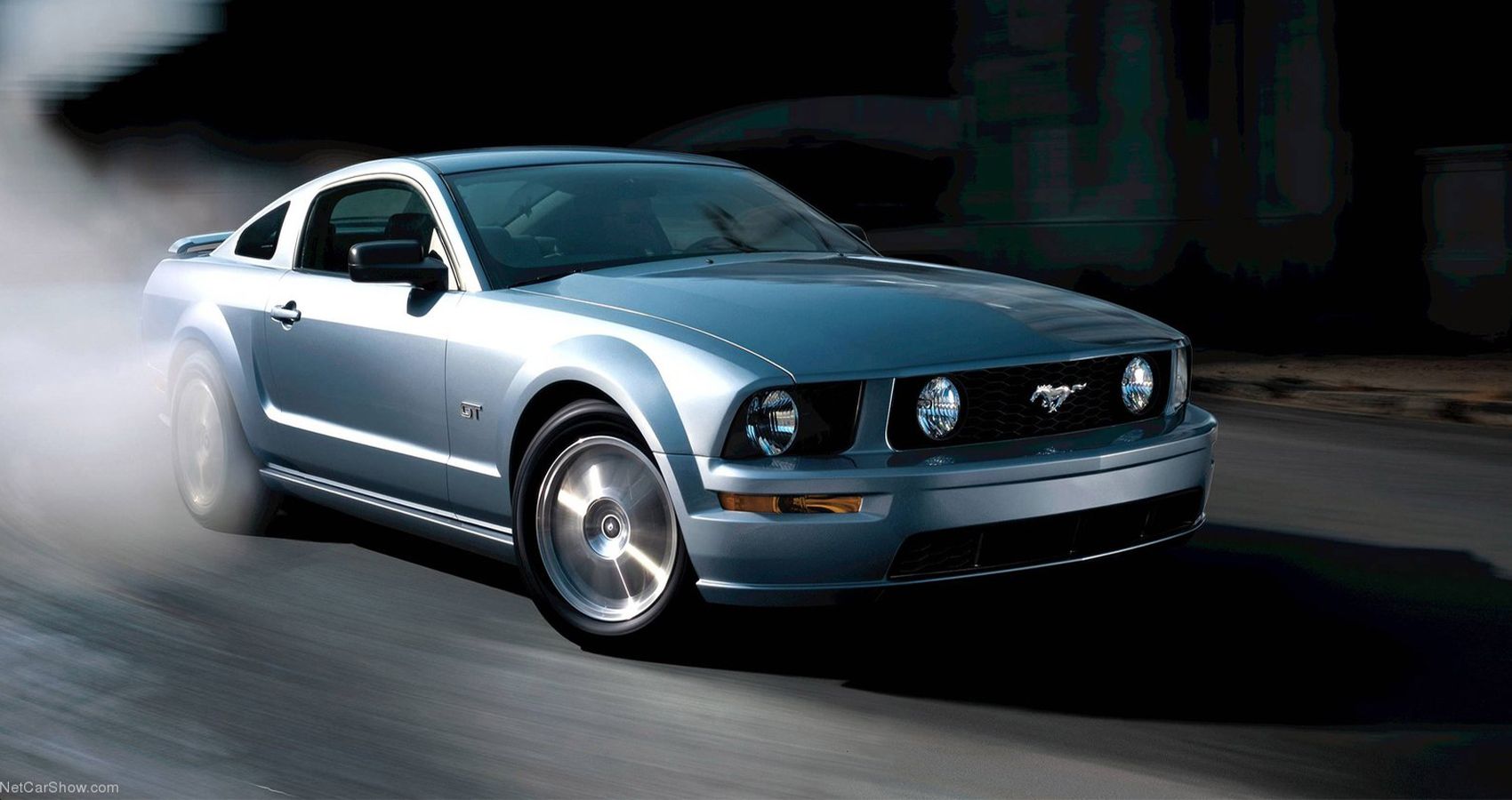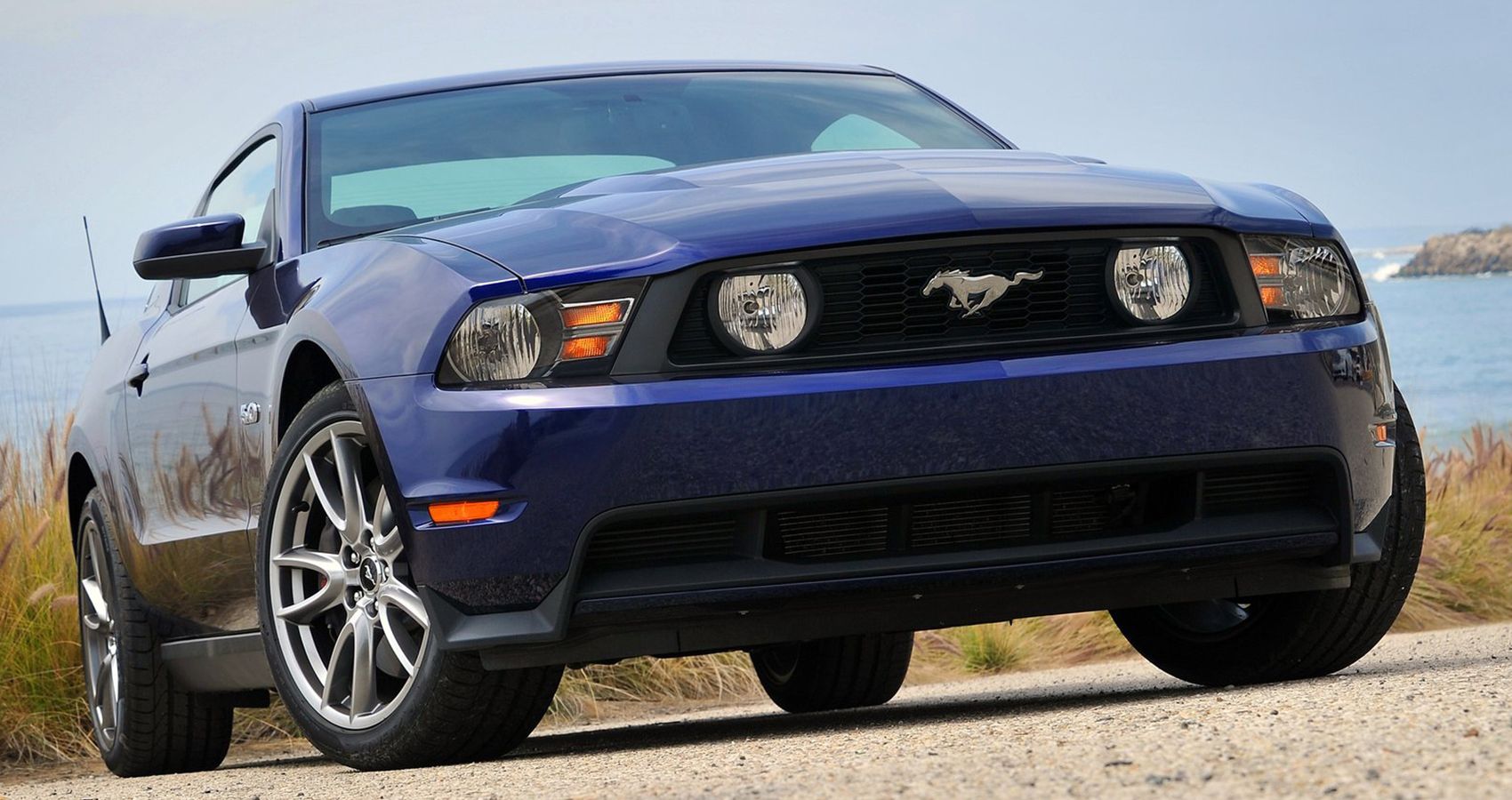With the fifth generation of the Mustang, Ford brought back the menacing, psychopathic look of the original in a modern form factor. The distinctive design, room for tons of modification, and the raw V8 power under the hood made 2005-2014 Mustangs extremely popular among car enthusiasts.
Despite its popularity, the fifth-gen Mustang came with numerous problems and owner complaints. If you’re in the market for a used Mustang of that era, there are some widespread issues concerning specific model years you should know to avoid ending up with a lemon. Without further ado, let’s take a look at the fifth-gen Mustang’s worst years, its longevity and reliability, and everything else you need to know before spending your money on one.
2006, 2011, And 2012 Mustangs Raised An Alarming Number Of Complaints
Based on the owner complaints registered with the Car Complaints website, the 2006 Mustang has the highest number of complaints. The most widespread issue concerning the 2006 model is the paint bubbling and peeling off the hood. Owners have noticed the problem in mileages as low as 8,000 miles. On average, it costs almost $1,000 to either replace the entire hood or to sand and repaint the panel.
Another frequently-reported issue with the 2006 Mustang pertains to water leaking into the cabin. Most owners couldn’t find a permanent solution, while some mentioned sealing the grommet did the job for around $500.
Owner reports indicate that the 2011 Mustang also suffers from paint problems on the hood. Other than that, several owners have complained about the 5.0L V8 engine causing many headaches at low mileage. According to the reports, the pistons are prone to detrimental damages, leading to engine failure. Owners have had to spend over $5,000 to swap the entire engine.
Many owner complaints registered with the National Highway Traffic Safety Administration (NHTSA) website concern the transmission in the 2011 Mustang. Owners have complained about the MT82 transmission system not shifting correctly to the first and the second gear and making grinding noises.
“The transmission does not shift properly. Hesitation upon initial take-off and inconsistent shifting cause hazardous conditions when you expect the vehicle to go and the transmission does not engage”, quoted a 2011 Ford Mustang owner on NHTSA.
The 2012 Mustang has several complaints pertaining to the engine going into limp mode while driving. Thankfully, the problem can be fixed by replacing the throttle body and doesn’t require a complete engine overhaul. However, Ford hasn’t recalled the Mustang for this issue, and owners have had to spend $450 on average to receive the remedy.
Over 15 owners commenting on NHTSA have complained about the power steering in the 2012 Mustang failing without any notice. “Vehicle lost all power steering at highway speeds. It also made clunking sounds while turning. I had to replace the EPAS steering assembly at my own cost for $1,656,” said one owner in their complaint registered with the NHTSA.
Take Care Of It Properly, And Your Mustang Will Reach 200,000 Miles
Various automobile websites online estimate that a fifth-gen Ford Mustang can typically offer up to 200,000 miles of reliable service with proper maintenance. However, if you’re the third or the fourth owner of one, you should expect major engine and transmission overhauls around 100,000 to 150,000 miles.
Following Ford’s official maintenance schedule is vital to keep a Mustang up and running. Some of the critical services include:
- Every 7,500 miles: perform basic maintenance, including oil and oil filter change, rotating the tires, and inspecting the cooling system.
- At 15,000 miles: inspect the exhaust system, the brakes, and non-sealed steering linkages, lubricate the suspension and driveline joints, and change the cabin air filter.
- At 90,000 miles: change the engine and the cabin air filters, fuel filters, and spark plugs, and lubricate the suspension.
According to the RepairPal website, maintaining a Ford Mustang would cost $595 in a year, which is slightly above other rivals, such as the Chevrolet Camaro.
Avoid Problematic Years, And The Mustang Can Be Your Next Long-lasting Dream Car
The Mustang’s reputation as a fuel-hungry pony with a potent V8 makes it one of the most famous names in the automotive world. There are manufacturers today that make replicas of the first-gen Mustang for many buyers worldwide.
Through its fifth generation, the Mustang revived and redefined what the American muscle car means to both domestic and global buyers. If you’re shopping for a used one, it would be a safer bet to avoid 2006, 2011, and 2012 models due to the widespread engine, paint, and transmission problems.
Last but not least, consult a trusted mechanic to ensure the powertrain and everything else is in good condition before finalizing your purchase.




